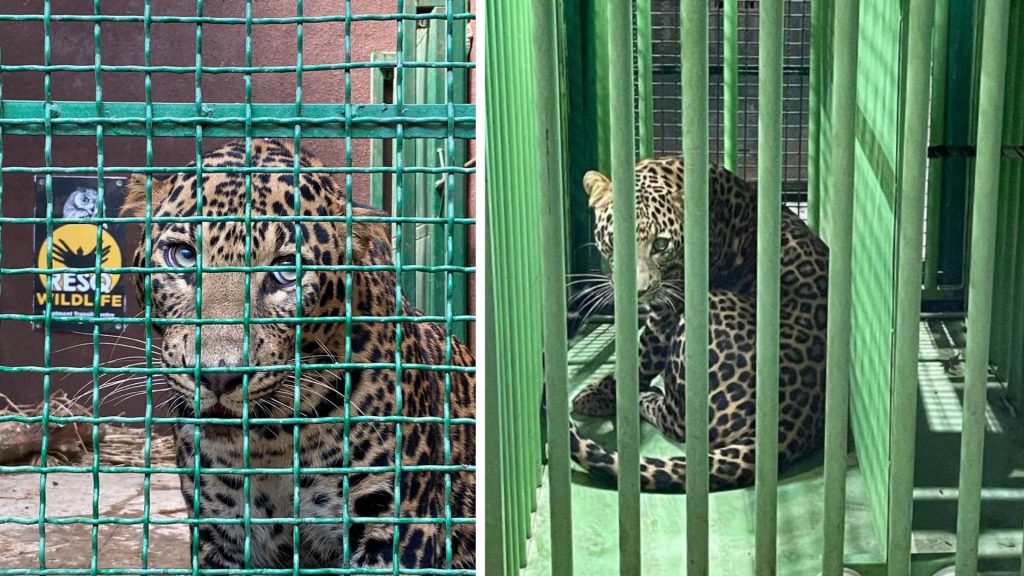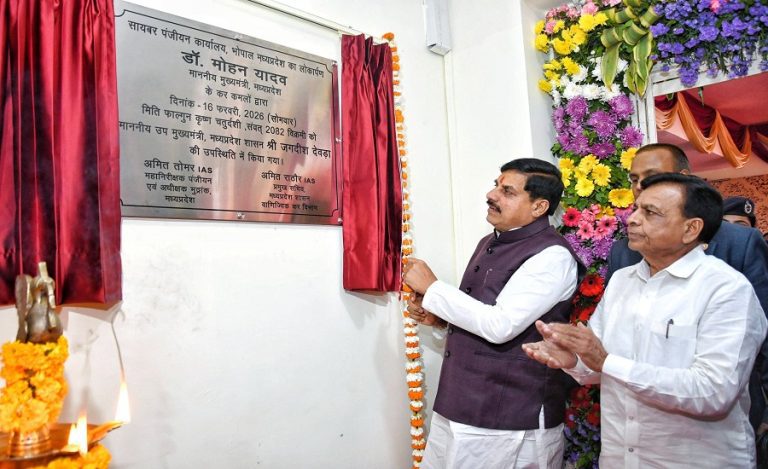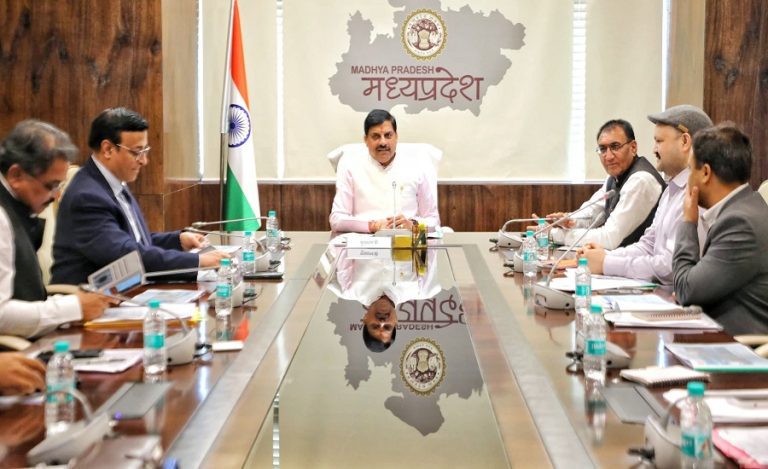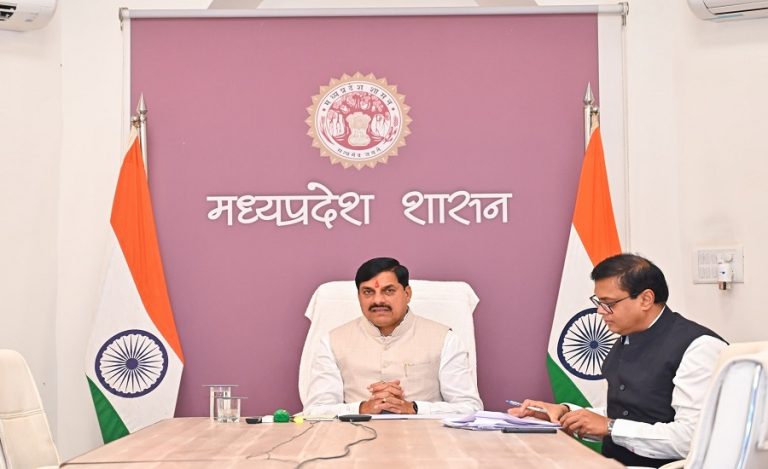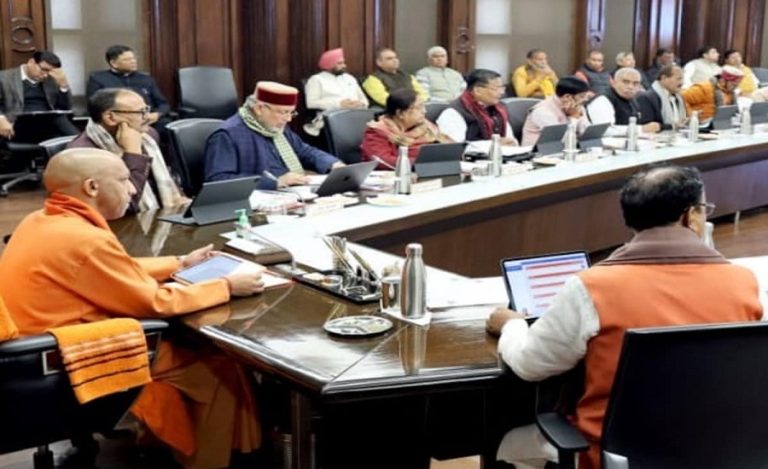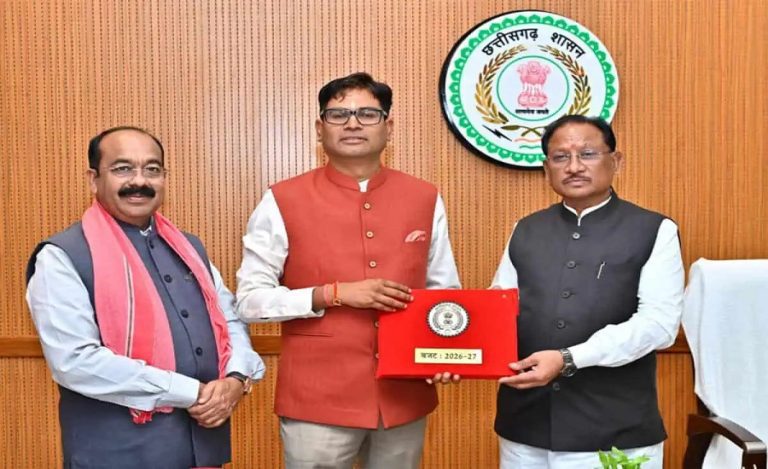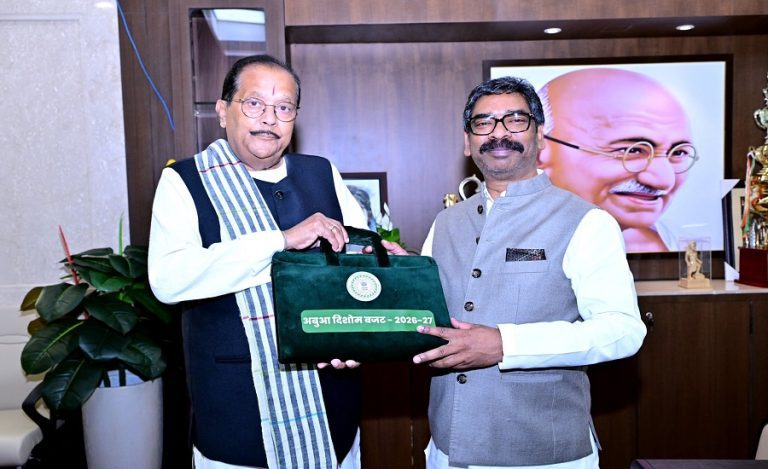India’s largest Wildlife Transit Treatment Centre is coming up in Pune in a 22-acre land at Bavdhan. The centre will be operational in two years and will have a full-fledged hospital with state-of-the-art facilities, with separate sections for different animal groups, like feline group, canine group, deer group, antelope group, primate section, bird section, reptile section and mammal section.
In an exclusive interaction with Indian Masterminds, 2014-batch Indian Forest Service officer, Mr. Rahul Patil, who is the Deputy Conservator of Forests, Pune, talked about the one-of-a-kind wildlife transit treatment centre and, also, outlined a few other initiatives taken up by the Pune Forest Department for conservation and ecotourism.

BAVDHAN TRANSIT TREATMENT CENTRE
Besides having separate wards for different species of wild animals, the Wildlife Transit Treatment Centre (TTC) will also have modern operation theatres, a post-mortem room, and a cremation shed. Additionally, there will be staff quarters inside the campus to ensure the availability of staff 24×7.
Pune already has a 3-acre animal orphanage at the Rajiv Gandhi Zoological Park at Katraj, where animals injured in road accident or human-wildlife conflict are admitted and treated. However, with the number of animals needing admission increasing, there is constraints of space at this place.
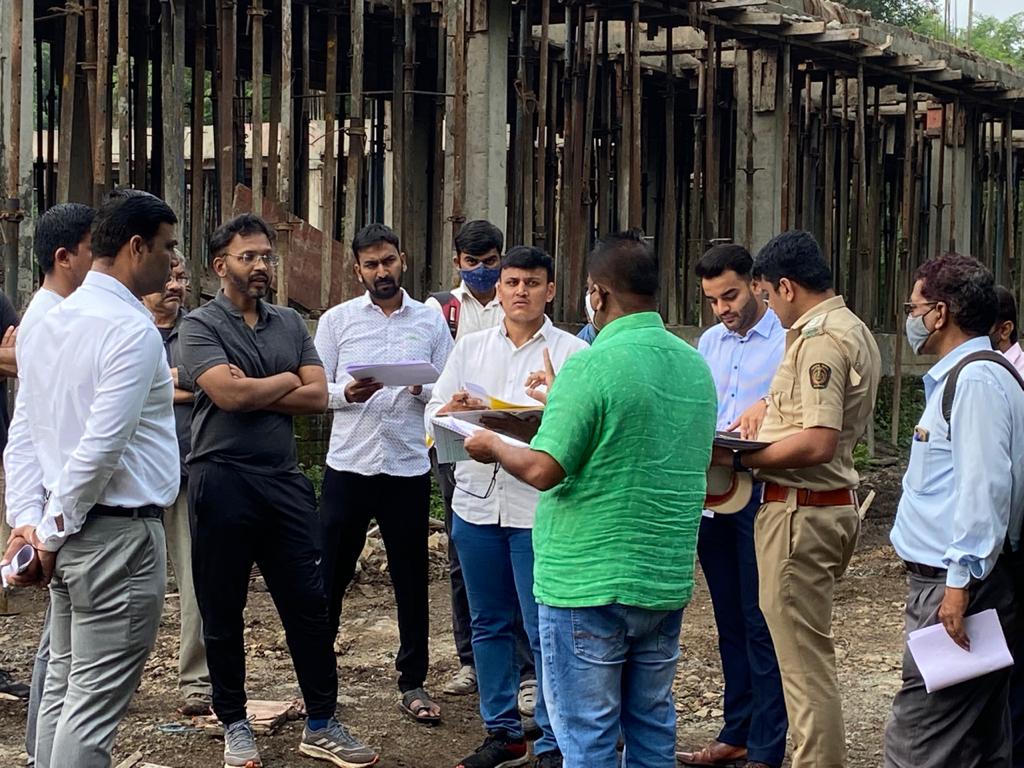
Hence, the decision to build Bavdhan Transit Treatment Centre was taken. Besides treating injured animals, this centre will also give shelter to paralysed animals. The injured and sick animals will be released into the wild after being treated at the facility. Some fauna species which have been earmarked for shelter and treatment at the centre are deer, hyenas, wolves, birds, elephants and leopards.
Once operational, it will not only be India’s largest Transit Treatment Centre but also one of the biggest in Asia. DCF Rahul Patil said, “The work of the Transit Treatment Centre of Pune Forest Department is in progress at Bavdhan which will benefit the districts of Western Maharashtra. At present, 95% of work of the electrical system is completed and the work of the veterinary hospital is in progress.”
SINHAGAD FORT
The officer also informed about the forest department’s initiatives for the historic Sinhagad Fort. Sinhagad is a hill fort perched on an isolated cliff of the Bhuleswar range in the Sahyadri hills. It is located at around 35 km southwest of the Pune city. It is said that the fort was built some 2000 years ago.
The fort is shrouded in greenery and is a popular spot for trekkers. The forest department is taking steps to make this popular getaway tourist-friendly and, at the same time, environment-friendly.
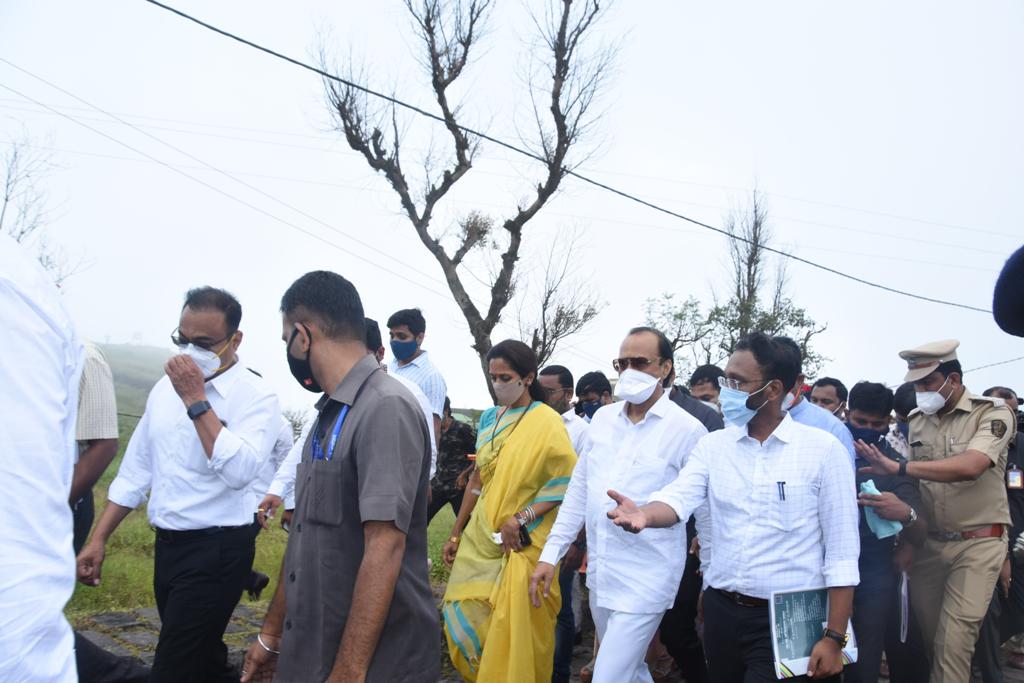
“Tourists will be told about the rich history of Fort Sinhagad through special guides trained under the campaign, ‘Majha Sinhagad, Majha Abhiman’, initiated by us. We are also looking at introducing e-bus facility and implementing complete plastic ban for better preservation of this historic fort,” DCF Patil said.
WILDLIFE POACHING
Like any other part of India that is rich in biodiversity, wildlife smuggling is rampant in the state of Maharashtra, too. Recently some people were nabbed by the forest department of Pune for wildlife smuggling. Alarmed by the recent spurt in activities of the wildlife smugglers, the department is now actively cracking down on both poachers and smugglers. Mr. Patil said that “These crimes are encouraged by the demand in the international market for wildlife parts because of superstitious beliefs that consider them as good luck charms, black magic etc. We are raising awareness among the people to dispel such misconceptions and, also, aggressively investigating into such matters to stop smuggling.”
KANHERI ECO TOURISM
Kanheri is a village in the taluka of Baramati in Pune district. The forest department has earmarked this area for its eco-tourism potential and is developing it to woo tourists.
DCF Patil outlined the initiatives: “We are developing forest tourism activities at Kanheri in Baramati taluka. It will have many facilities like biodiversity park, chinkara conservation centre, cycle path, boating and ropeway.”
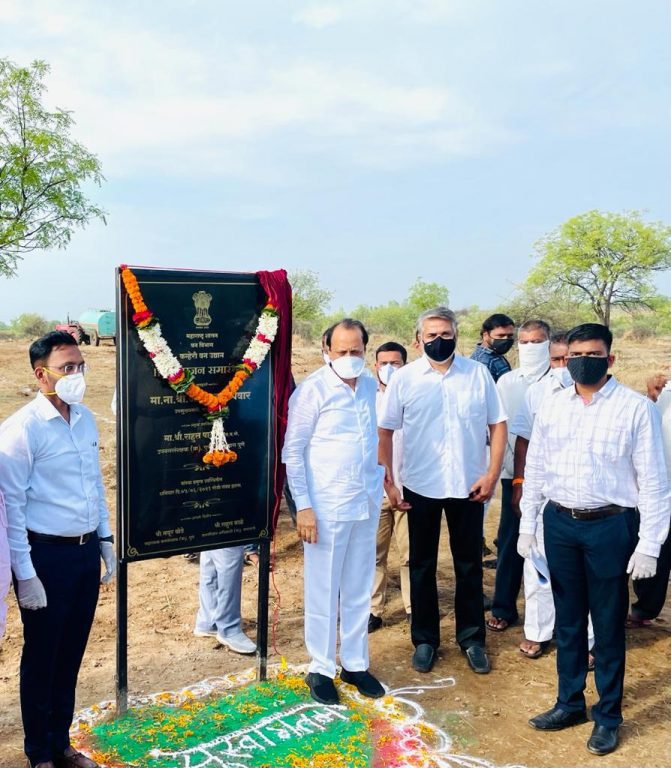
With work on the country’s largest wildlife transit treatment centre going on, and conservation and forest tourism efforts being doubled up, the forest department of Pune is a buzz of activity these days, with officers and staff moving around ensuring orders are passed, instructions followed, and the work is completed on time.

